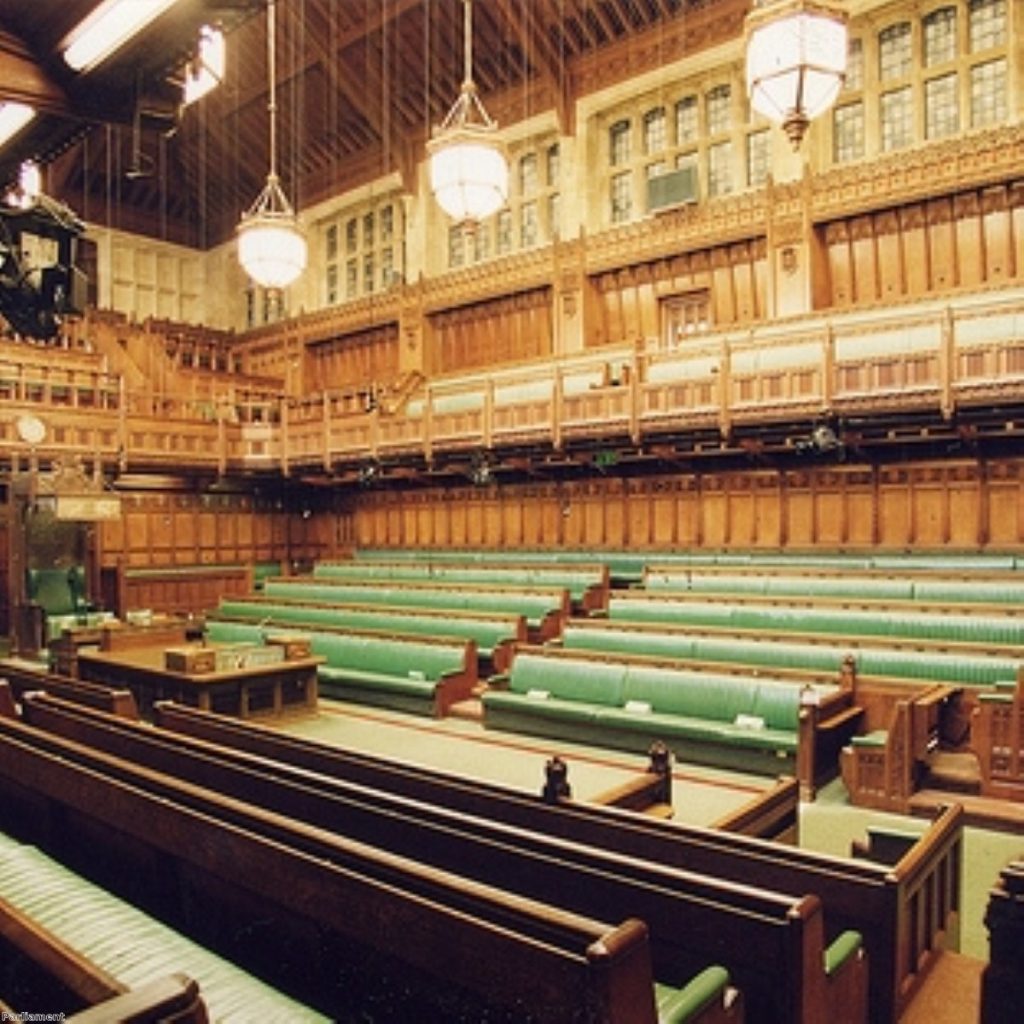Analysis: Expenses hope remains for MPs
“It says on the tin we’re independent,” the man in charge of reforming MPs’ expenses explained. He is demonstrating this by double-checking everyone agrees with him.
Professor Sir Ian Kennedy, for it is he, no less, has succeeded in doing what absolutely none of the three party leaders want him to: keep the expenses issue live in the run-up to the general election.
The Independent Parliamentary Standards Authority’s (Ipsa) five-week consultation throws open the expenses reforms proposed by Sir Christopher Kelly’s root-and-branch review. MPs, the political world and the wider public are being given the opportunity to put in their two cents.


This means the final details of the expenses regime will be decided by Sir Ian and his four cohorts, not by Sir Christopher. “We don’t set out a scheme in the document because we think it’s right,” Sir Ian protested. “Let us keep in mind that what we are engaged in is a process of consultation.”
And yet what is put on offer by today’s consultation is a range of “options”, alternatives, which could yet end up becoming the reality of the system.
Take the kerfuffle over MPs employing family members, for example.
Sir Christopher’s recommendation was pretty unequivocal: “MPs should no longer be able to appoint members of their own families to their staff and pay them with public funds.”
Sir Ian is not so sure. “We have heard very strong views expressed… that, in practice, family members may be the best qualified applicants to work for the MP.”
On this basis three options are offered: prohibiting the use of public money, revising the recruiting process or allowing MPs’ appointments to take place without fair, open competition.
When asked whether this thought process might be seen as pushing a particular viewpoint – and one clearly opposed to the Kelly findings – Sir Ian tacitly conceded that a “scheme” is being set out, after all.
The same applies across the board. MPs could even end up voting on whether they think they should be able to keep their capital gains on second homes. They might be allowed to ‘flip’ their second home designations once every parliament. The door, it seems, has been well and truly left open.
Questions about the nature of the consultation process were delivered with a rather resigned air, as if the hacks in the room realised there was no real way of working out precisely the extent to which Sir Ian and co will listen to the public and MPs.
How valuable would the views of Tory MPs be, for example, when compared with the views of hordes of ‘Doris Bonkers’, as one well-known journalist put it? Sir Ian declined to indulge in “spurious scientific specificity”.
“The weight to be given is a function of the quality of the argument,” he explained. It will of course be up to him to rank how good the arguments are.

